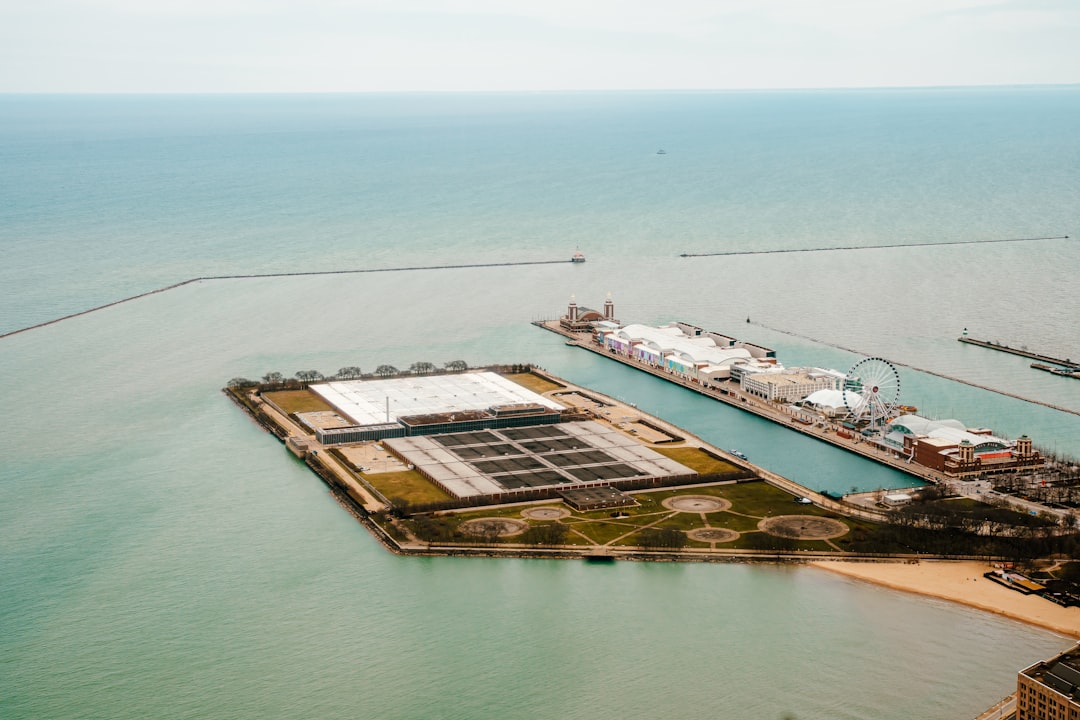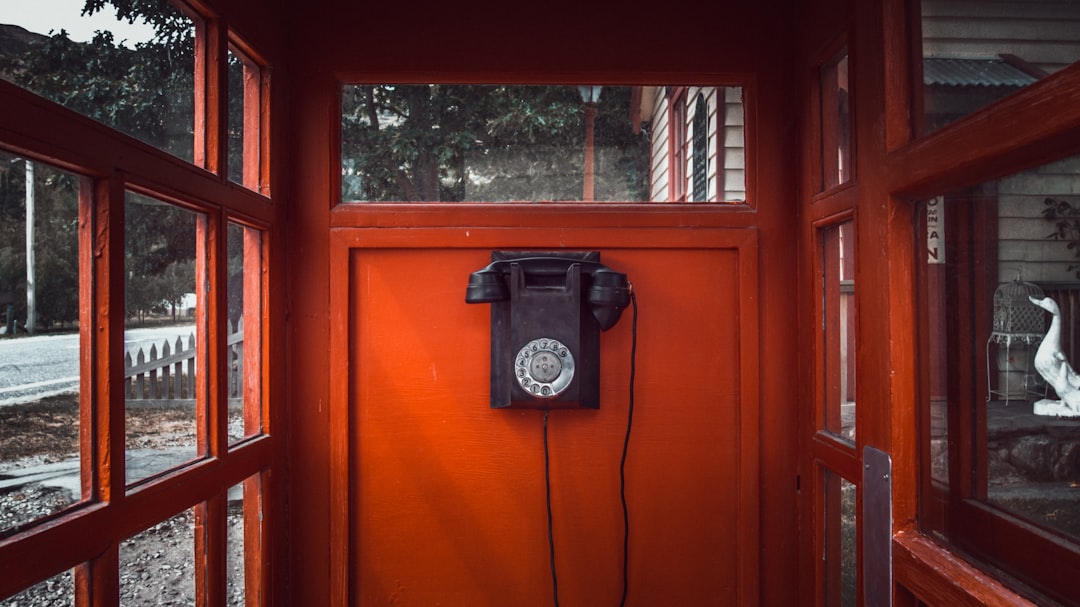In the ever-evolving landscape of consumer privacy laws, Illinois stands out with its stringent no-call regulations, offering residents a level of control over unwanted telemarketing calls. However, recent federal legislation could significantly impact these protections. This article delves into how federal laws might alter Illinois’ no-call rules, specifically addressing implications for both consumers and legal professionals specializing in no-call laws, with valuable insights from a Glencoe perspective on navigating this changing terrain, particularly for those seeking effective spam call solutions.
Understanding Illinois' No Call Regulations: A Summary for Residents

In Illinois, no-call regulations are designed to protect residents from unsolicited telephone marketing calls, commonly known as spam calls. These laws restrict businesses and organizations from making automated or prerecorded phone calls to consumers unless they have given explicit consent. Residents in Glencoe, like elsewhere in Illinois, can expect fewer telemarketing calls thanks to these stringent rules.
Illinois’ no-call laws are enforced by the Attorney General’s Office, which works to prevent violations and provide relief to affected individuals. If a resident receives unwanted calls, they have legal recourse through a No Call Lawyer or No Call Attorney in Illinois. These legal professionals specialize in handling spam call-related issues, helping residents navigate their rights under the state’s no-call laws and potentially seeking damages against offending parties.
The Role of Federal Legislation in Shaping State-Level No Call Laws

Federal legislation plays a significant role in shaping and influencing state-level no-call regulations, particularly in Illinois. These federal laws often provide a framework for consumer protection and privacy rights, which directly impact how states enact their own no-call rules. With the increasing prevalence of spam calls and text messages, Congress has introduced and passed several acts aimed at curtailing excessive or unwanted communication, thereby indirectly affecting Illinois’ no-call laws.
For instance, the Telephone Consumer Protection Act (TCPA) is a federal statute that sets guidelines for telemarketing practices and provides consumers with rights to opt-out of certain calls. This legislation has prompted Illinois to strengthen its own no-call laws, ensuring that residents have additional protections against spam calls. As a result, No Call Lawyer Illinois or No Call Attorney Illinois are increasingly sought after by citizens wishing to enforce these regulations and protect their privacy.
Implications for No Call Lawyers and Law Firms in Illinois

The implications of federal legislation on Illinois’ no-call regulations significantly impact both lawyers and law firms specializing in this area. With potential changes to state laws, No Call Lawyers in Illinois may need to adapt their strategies and stay updated with new provisions. This is especially crucial for those representing clients facing spam calls, as the legal framework governing these issues could shift dramatically.
For instance, a federal law might introduce stricter guidelines on how businesses can contact consumers, affecting the work of No Call Attorneys in Illinois. Law firms specializing in no-call laws may need to expand their services or collaborate with counterparts across different jurisdictions to ensure they remain effective advocates for their clients. As regulations evolve, so too will the role of legal professionals in navigating these complex and ever-changing rules, particularly those focusing on protecting consumers from unwanted calls.
Navigating the Changing Landscape: Advice from a Glencoe Perspective for Handling Spam Calls

In the ever-evolving regulatory landscape of Illinois, staying informed about changes to no-call laws is essential for residents and businesses alike. With the potential impact of federal legislation, navigating these regulations can become more complex, especially when dealing with spam calls. From a Glencoe perspective, seeking advice from experienced legal professionals specializing in no-call laws is crucial.
A no-call lawyer or attorney in Illinois can provide valuable insights and guidance on how to handle spam calls effectively. These legal experts can help individuals and businesses understand their rights and obligations under the current and anticipated regulations. By engaging a reputable no-call law firm, one can ensure they are staying compliant while also protecting themselves from potential legal repercussions associated with unwanted calls. This proactive approach is essential in an era where federal legislation may further tighten privacy protections, making it even more critical to have a reliable advocate for no-call laws by your side.






